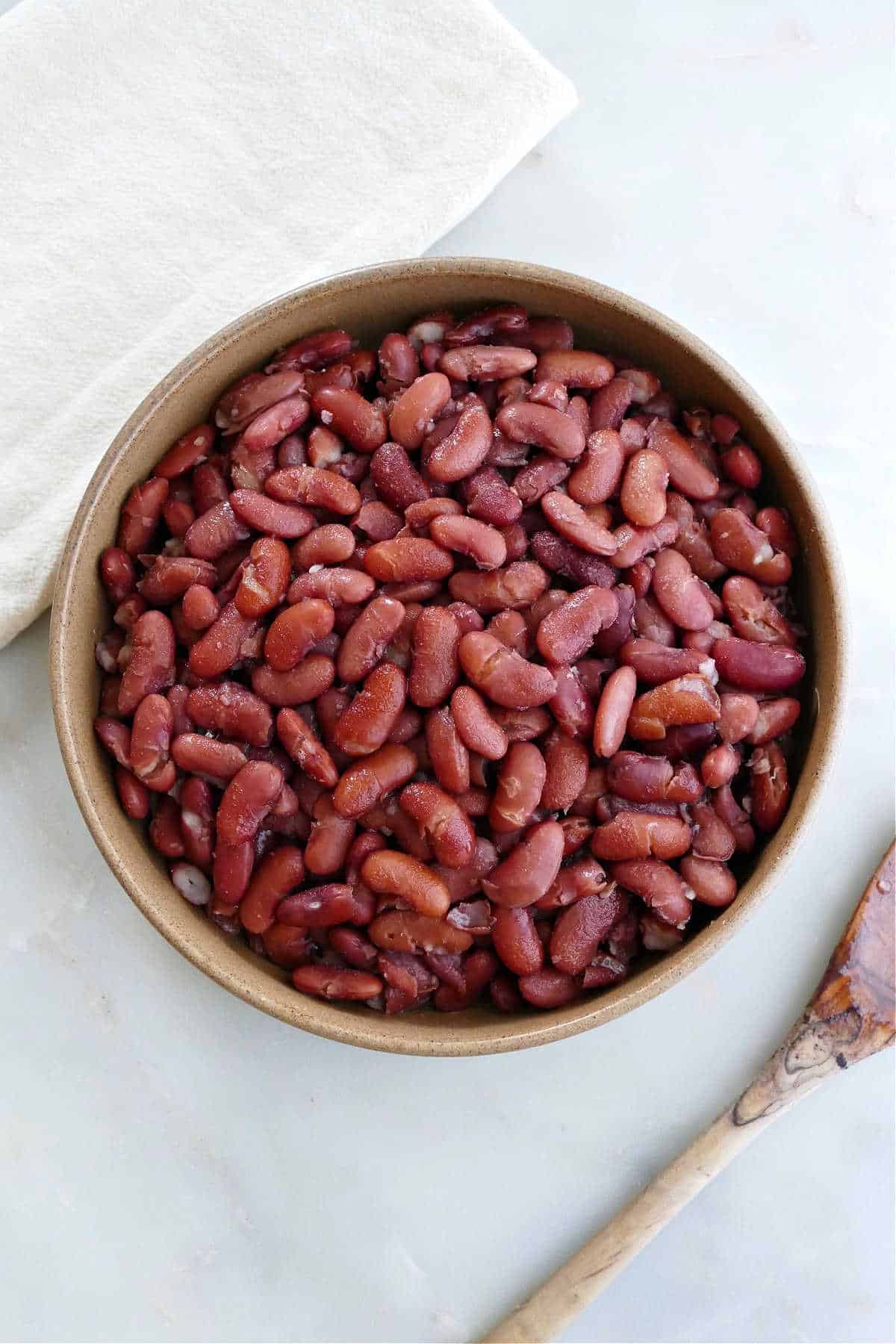How to Cook Kidney Beans - A Comprehensive Guide
Are you looking to add a healthy and delicious ingredient to your meals? Look no further than kidney beans! These legumes are a great source of protein, fiber, and essential vitamins and minerals. Plus, they're versatile and can be used in a variety of dishes, from soups to salads.

The Benefits of Kidney Beans
Kidney beans have a variety of health benefits, including:
- High in protein
- High in fiber
- Low in fat
- Rich in essential vitamins and minerals
- May help lower cholesterol
- May help regulate blood sugar levels
How to Cook Kidney Beans
Before cooking kidney beans, it's important to properly prepare them. Start by rinsing the beans thoroughly in cold water to remove any dirt or debris. Then, soak the beans in water for at least 6 hours or overnight. This will help soften the beans and reduce cooking time.
Once the beans are soaked, drain the water and rinse them again. Add the beans to a pot and cover them with 2-3 inches of water. Bring the water to a boil, then reduce the heat to low and let the beans simmer for 1-2 hours, or until they are tender. You can also use a pressure cooker to cook the beans more quickly, in about 25-30 minutes.
How to Use Cooked Kidney Beans
Cooked kidney beans can be used in a variety of dishes, including:
- Chili
- Salads
- Soups
- Stews
- Casseroles
The Different Types of Kidney Beans
There are two main types of kidney beans: light red and dark red. Light red kidney beans are slightly smaller and have a softer texture, while dark red kidney beans are larger and have a firmer texture. Both types can be used interchangeably in recipes, but some people prefer one over the other for their distinct flavor and texture.
The Pros and Cons of Kidney Beans
Like any food, kidney beans have their pros and cons:
| Pros | Cons |
|---|---|
| High in protein and fiber | May cause gas and bloating in some people |
| Low in fat | Contain lectins, which can be toxic if not properly cooked |
| May help lower cholesterol | May interfere with the absorption of minerals like calcium and iron |
FAQs
Q: Can I eat kidney beans raw?
A: No, kidney beans must be properly cooked before consuming. Raw kidney beans contain a toxic substance called lectin, which can cause severe gastrointestinal distress.
Q: How should I store cooked kidney beans?
A: Cooked kidney beans can be stored in an airtight container in the refrigerator for up to 5 days or in the freezer for up to 6 months.
Q: Are kidney beans gluten-free?
A: Yes, kidney beans are naturally gluten-free.
Q: Can I substitute kidney beans for other types of beans in recipes?
A: Yes, kidney beans can be substituted for other types of beans in most recipes, but keep in mind that the flavor and texture may be slightly different.
